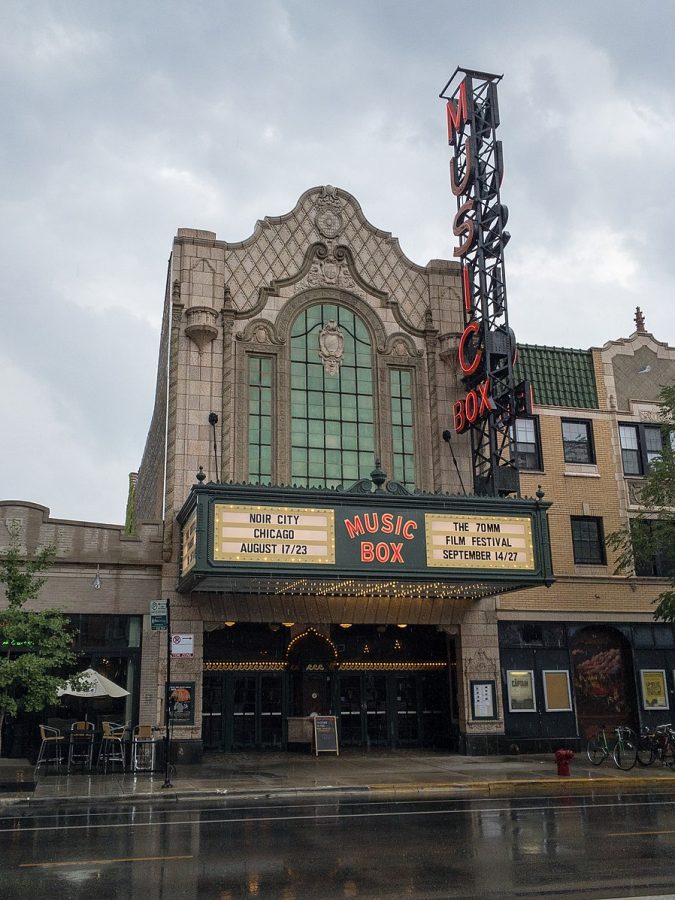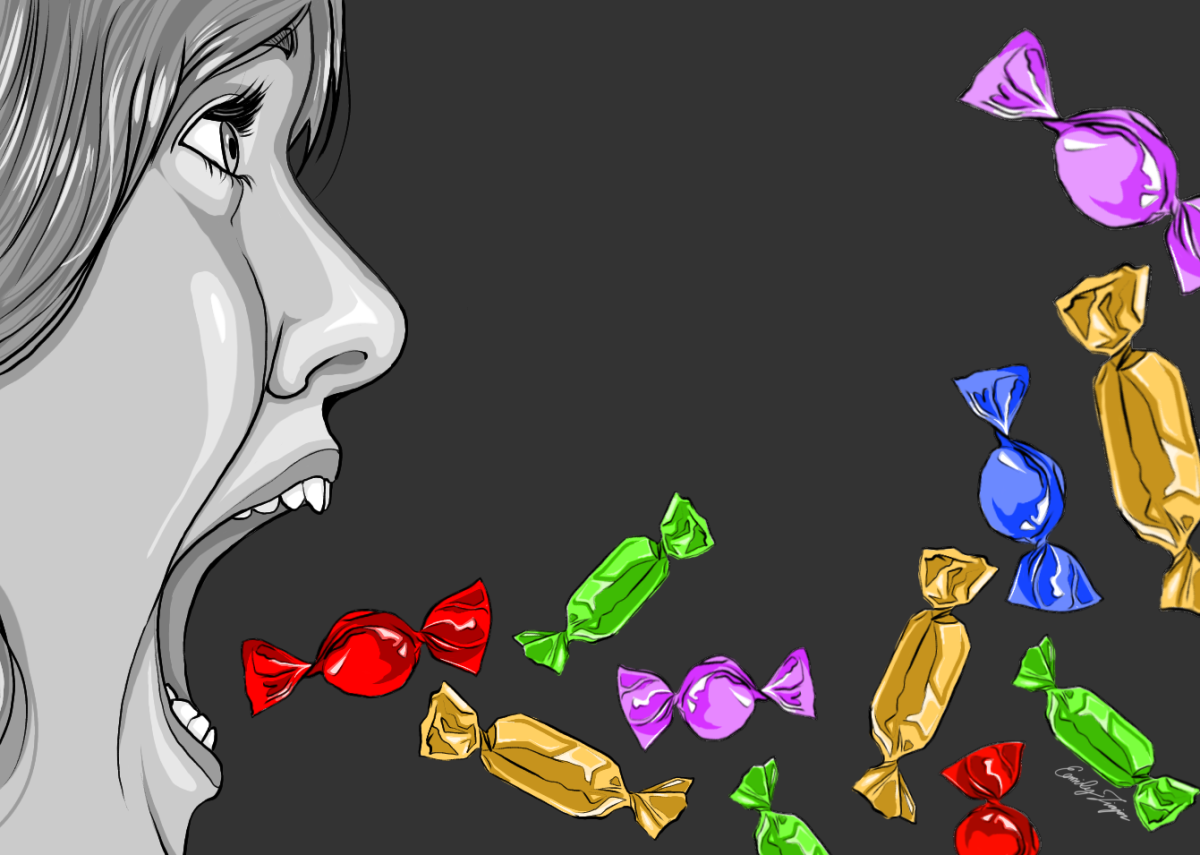Is “Hereditary” truly the scariest movie of 2018?
September 5, 2018
Since “Hereditary” premiered at the Sundance Film Festival in January 2018, critics hailed it as the “scariest movie of 2018.” Sundance crowned it as the “scariest movie ever,” with others claiming it is “The Exorcist” (1973) of this generation.
The abundant hype fueled my interest in watching and reviewing “Hereditary” since its release in June 2018. It seemed like the whole population shared positive opinions on the movie. I finally got the chance to see the movie this past weekend at the Music Box Theater in Chicago, a few days before its DVD release.
I did my best to enter the theater with an unbiased mindset, hoping to not be overly critical after hearing the praise. I instead went in with the mindset it would be like any other modern horror film: painstakingly bad and generic.
“Hereditary,” written and directed by Ari Aster, tells the story of an average family with cryptic ancestry and a fatal bloodline, hence the title. The movie begins with the Graham family mourning the death of Ellen, their secretive matriarch. Her death triggers this family’s downward spiral. Soon, everything left of this family begins to collapse.
The film, in short, is not one of the scariest movies of all time, but I can understand the claim to being the scariest of 2018. The film is less scary than it is uncomfortable and strained but in a good way. Aster does a nice job of pulling his audience into the story, creating a tension that feeds off of the audience.
The movie stars Toni Collette as Annie Graham, the troubled mother of the Graham family. Her father, brother and mother each die after dealing with severe mental illness. It soon becomes apparent she is dealing with delusion herself, and she quickly digs herself a hole she cannot get out of.
Collette does a good job of depicting intense anxiety, terror and delusion. She acts as the antagonist in the film for most of its duration. The ending reveals she is also a victim, and the answers to many of the questions become clear, such as the significance of the cryptic writing on the walls or the empty treehouse with the red lighting.
Charlie Graham is Annie’s daughter, who takes a liking to Ellen, and, in the end, reaches a similar fate. She is affected most by the death of Ellen, is fixated on decapitation, and haunted by waves of white light. Milly Shapiro portrays the unsettling, troubled, 13-year old well, giving off the most intensity of any of the main characters.
Despite Collette and Shapiro’s notable performances, some of the other characters felt underwhelming. Alex Wolff, who plays 16-year old Peter Graham, fit the stereotype of a teenage boy with a blank personality who only cares about smoking weed under the bleachers and the attractiveness of his female classmates.
His character is dealt the worst hand of the family, but his performance does not always exemplify that. Some scenes meant to be dramatic and apprehensive came across as more comedic, specifically, anytime he has a falling-out with his mother.
One scene in particular shows the two arguing in a dream. Peter is awoken by his sleepwalking mother who begins revealing deep secrets of her unwanted pregnancy in a freudian slip. Peter is emotionally triggered, ending up in hysterics. What is meant to be a serious, dramatic scene instead comes off as over exaggerated and artificial. As the movie picks up, his performance becomes much more serious and fitting for the story, specifically toward the end.
One of the things that I enjoyed about this movie was how Aster puts a more interesting take on overplayed horror ideas, specifically possession and poltergeist activity. While not necessarily bringing any new, groundbreaking ideas, the movie has more depth and dimension than most horror movies to come out in the past 15 years, which makes it more memorable.
This movie took a lot of inspiration from horror classics like Roman Polanski’s “Rosemary’s Baby” (1968) and Stanley Kubrick’s “The Shining” (1980). “Hereditary” seems like more of a supernatural take on “Rosemary’s Baby,” with the basis of both feeling very similar. Cult activity, satanism and a mother’s anxiety as a medium for creating the horror are key themes in both stories.
Some of my favorite scenes of Collette mimic many of the iconic shots of Shelley Duvall in “The Shining.” The camera is placed directly in front of Collette while she has a meltdown over her experiences, drawing the audience into her reality, very similar to Duvall. I would even go as far to say both actresses resemble one another.
Some of the computer-generated imagery (CGI) ended up making certain scenes feel more comedic than anything. For example, at the end of the movie, a headless body begins to float up to a treehouse, and I could not help but laugh. The movie would have felt more serious without a lot of the CGI.
The end of the movie does leave the audience with much to ponder and dissect. So, is “Hereditary” the scariest movie of all time? No. But, there is no doubt that it will remembered by many as the scariest of the year.



















